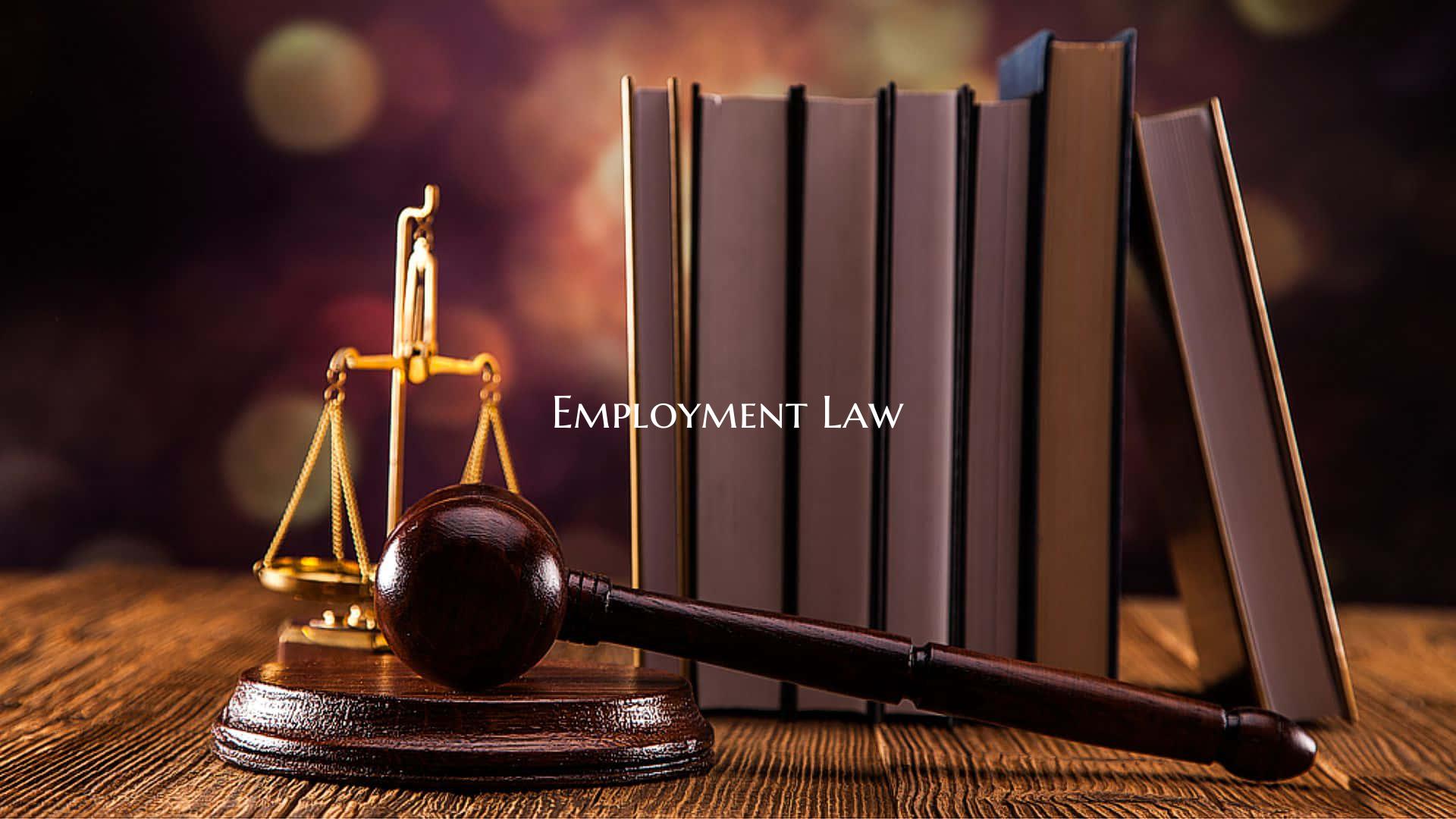
Employment Law
Employment law, also known as labor law, governs the relationship between employers and employees, ensuring fair treatment and protection of rights in the workplace. These laws cover a wide range of issues such as wages, benefits, working conditions, discrimination, harassment, employee rights, and termination.
One of the fundamental aspects of employment law is ensuring that employees are treated fairly and are not subject to unfair practices by their employers. This includes protections against discrimination based on factors such as race, gender, age, disability, and sexuality. Additionally, employment law sets standards for minimum wage, overtime pay, and safe working conditions to ensure the well-being of employees.
Employment law also addresses the rights and responsibilities of both employers and employees in various aspects of the employment relationship. This can include the formation of employment contracts, the termination of employment, privacy rights in the workplace, and the handling of disputes through mechanisms like arbitration or litigation.
In essence, employment law serves to maintain a balance of power between employers and employees, ensuring that both parties are treated fairly and equitably in the workplace. Staying informed about employment law rights and obligations is crucial for both employers and employees to maintain a harmonious and legally compliant work environment.
